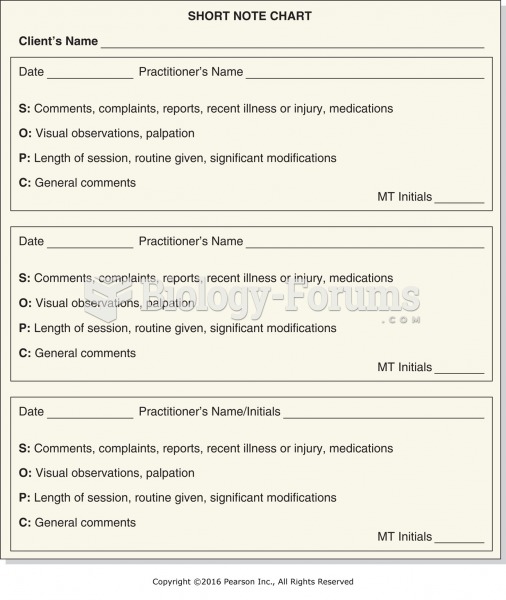Answer to Question 1
1,3,5
Rationale 1: Benzodiazepines or short-acting barbiturates are used to reduce anxiety and facilitate sedation.
Rationale 2: Preoperative adjuncts are not associated with a faster recovery.
Rationale 3: Preoperative adjunct medications such as histamine-2 receptor agonists or anticholinergics are used to reduce the risk of aspiration pneumonia.
Rationale 4: Preoperative adjuncts are not associated with a reduced risk of a postoperative ileus.
Rationale 5: Preoperative adjuncts help to reduce pain that will be felt after surgery.
Global Rationale: Benzodiazepines or short-acting barbiturates are used to reduce anxiety and facilitate sedation. Preoperative adjunct medications such as histamine-2 receptor agonists or anticholinergics are used to reduce the risk of aspiration pneumonia. Preoperative adjuncts help to reduce pain that will be felt after surgery. Preoperative adjuncts are not associated with a faster recovery. Preoperative adjuncts are not associated with a reduced risk of a postoperative ileus.
Answer to Question 2
2
Rationale 1: The use of laxatives will make the bowel lazy and contribute to constipation.
Rationale 2: Constipation is a common side effect of ferrous sulfate; therefore, an increase in dietary fiber may be indicated.
Rationale 3: The use of Fleets enemas will make the bowel lazy and contribute to constipation.
Rationale 4: Increasing exercise will help relieve constipation but is not as effective as other interventions.
Global Rationale: Constipation is a common side effect of ferrous sulfate; therefore, an increase in dietary fiber may be indicated. The use of laxatives will make the bowel lazy and contribute to constipation. The use of Fleets enemas will make the bowel lazy and contribute to constipation. Increasing exercise will help relieve constipation but is not as effective as other interventions.







